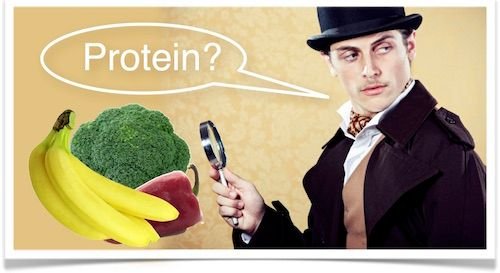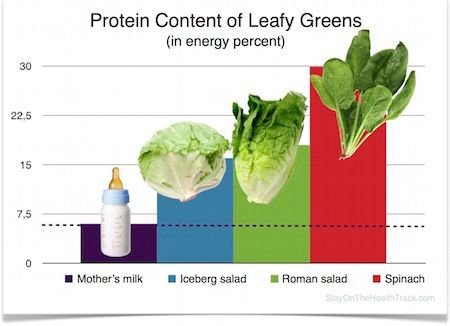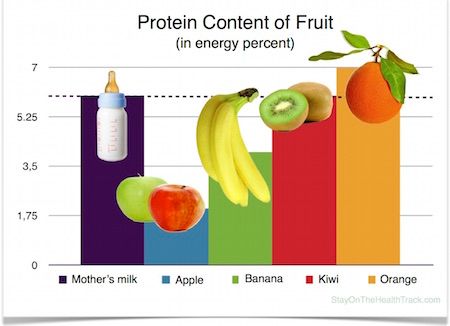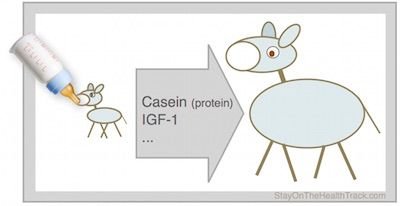Am I getting enough nutrients? - Vegan nutrition special - Part 1 Protein

Veganism is becoming more and more popular. This is awesome news for the planet, the animals, and the people. But whenever we try something new, we often have initial worries. In terms of veganism these are often in terms of nutrition. Am I getting enough of …fill in your favourite nutrient…?
Let us look at some nutrients that people are afraid of missing and see how you can get them on a vegan diet. And, let us see how you can make sure that you get plenty of them. In this first part we will take a look at the first nutrition related question vegans get: Where do you get your protein?
Protein
The common problem is not lack of protein. It is protein excess. Really? Why and how?
Let me explain.
Protein is one of the three a caloro-nutrients. But it is one we cannot store in our body, like sugar (which we turn into fat), or fat. Instead we need to eliminate any excess of it.
This process of elimination requires extra work for the kidneys and is acidifying for the body. As it creates an acidic environment, the body needs something alkaline to restore its balance. The substance it uses as a buffer is calcium, from the deposits in our bones. So, eating a lot of protein will draw out calcium from our bones (the process is called hypercalcuria). This may lead to osteoporosis.
High protein intake may also lead to other problems, like kidney problems, or gout due to excess uric acid (especially from meat, as it contains uric acid).
How much protein do we need?
Let us start by understanding how much we get. On a standard western diet we get around 17 energy percent protein. We might get up as high as 23, but more than that is very difficult. The remaining calories come from fats and carbohydrates.
Let us then ask what we need protein for. It is needed to rebuild damaged tissue, build new tissue, and replace old cells.
So, the people in highest need of protein are babies and teenagers. These are times when our bodies grow the most.

Since nature provides the perfect food for babies we are in luck! We can check Nature’s recipe and see how much they need.
In human breast milk we find around 5-6% protein (this is energy percent). And so, a regular adult, who is done growing, might perhaps need 3%-, or so, for upkeep and repair.
Now we can see that if we need around 3% protein and are getting around 17%, we are getting much more than we need. This is why we started off by saying that the common problem is that we have an excess of protein in our diet.
Can we get complete protein without animal products?
What is complete protein?
Well, protein is made up of amino acids. Some of these our bodies can make, but a bunch of them are called essential amino acids because our body needs to get them with our food and cannot manufacture them.
When we talk about complete protein, we talk about getting all of the essential amino acids. Animal products have complete protein. And so, we used to think that we need to consume them for our health.
In the veggie world we find that soy also has complete protein. But most beans and grains do not, on their own, have complete protein.
It was once thought that we needed to have complete protein at each meal. This was a former misconception. Now, we know that we can get some types of amino acids at one time, and others at another, and still make it all work very well in the body.
Thus, by eating a varied vegan diet, we can get all the protein we need. In fact, even as raw vegans, who do not eat any beans, soy, or grains, it is still in general not a problem to get enough proteins, as long as we eat enough calories.
Take a look at the comparison picture I created, where you can see how much protein is in fruit and leafy greens, as compared to mother’s milk.


Since proteins are part of the make-up of all cell membranes, it is difficult not to get enough when you eat whole foods and get enough calories.
Why is animal protein problematic?
We already discussed that an excess of protein is not positive for our health. But does it matter what type of protein it is? Are some proteins healthier than others? Can they affect the body differently?
Having a diet rich in animal protein as we grow up may lead to a larger body, but unfortunately, also a to less healthy body. This is the main problem.
Looking back over the last 150 years we will notice that each generation got a little bigger than their parents. This correlates with our increased animal consumption.
When we create an acidic body, we tend to create an environment where degenerative disease will thrive. One such example is cancer.
Cancer in particular is closely related to animal protein. One of the more potent carcinogens we eat is casein. This is primarily found in cow’s milk, as it makes up 80% of its protein. To read about the different mechanisms that casein uses to promote cancer in our bodies please take a look at the book The China Study by T. Colin Campbell.
Another problem with milk is that it is designed to augment Insulin like Growth Factor 1, IGF-1. This is all good for a rapidly growing calf, that needs to put on a few hundred pounds in a couple of months.

But it is not as good for humans. As it stimulates growth, it will also tend to stimulate cancer growth, in bodies that are no longer growing themselves but have developed cancer.
Another problem is that animal protein is in general much more complex than plant protein. In fact it can be made up of thousands of amino acids, whereas plant proteins may be made up of hundreds. As a result, the work of taking animal protein apart is a greater challenge for our body. In fact, most of the time we will find that parts of the animal protein will be found floating around in our blood after we have eaten animal protein. Usually parts of the animal protein manage to get through the gut into the blood. This activates the immune system, which thinks it is invaded by foreign beings.
One of the bigger problems is that animal proteins are very similar to our own proteins. And so, at times this may lead to the generation of autoimmune diseases. This is for instance the case of diabetes type one in children who drink cow’s milk.
This is just to give you an idea of some of the problems animal protein may lead to. This is by no means an exhaustive list.
In summary
If you eat a varied plant based diet with whole foods that provides you with enough calories, you need not worry about getting enough protein.
Most of our problems are related to an excess of protein, not a lack. Thus, reducing your protein intake will most likely be a healthy choice.
Let me know your thoughts.
Hi there @healthtrack, very nice summary. I eat WFPB and follow the science-based nutrition literature. It would be great if you could list all your scientific sources. :)
Hello there! I am glad to hear you enjoyed the article. Great to hear you follow a whole food plant based diet. I will create a list of the sources and add it.